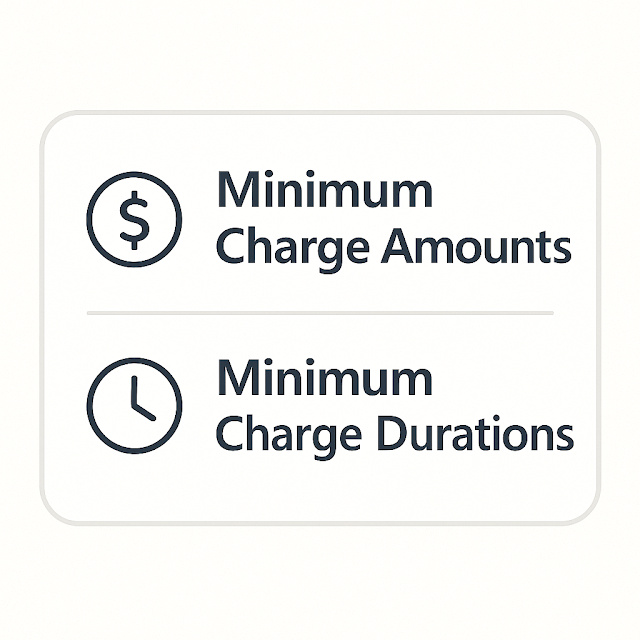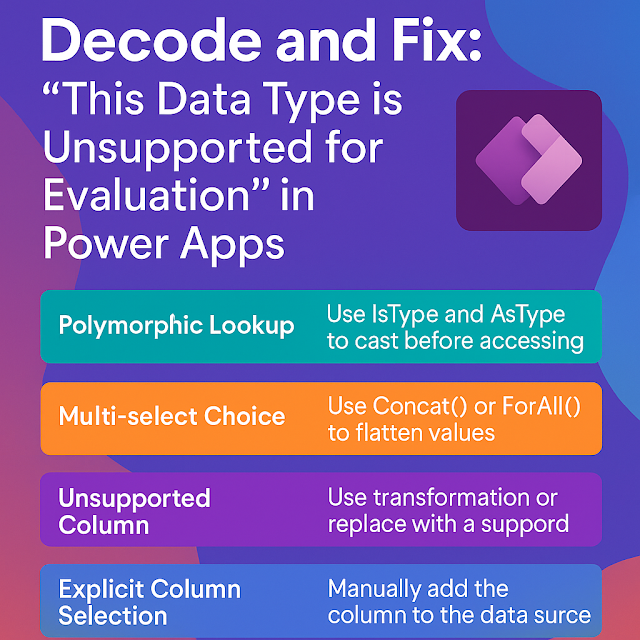Dynamics 365 Field Service : Configure minimum charge amounts and durations
In Dynamics 365 Field Service, Minimum Charge Amounts and Minimum Charge Durations are important pricing configuration settings used to ensure that a customer is billed a base minimum amount for certain services—regardless of how little time a technician actually spends on-site.
These settings help service providers recover costs for travel, setup, or other overhead associated with dispatching a technician, especially for short-duration jobs.
What Are Minimum Charge Amounts and Durations?
1. Minimum Charge Amount
This is the lowest price a customer will be charged for a specific service task or work order, even if the actual cost based on time and materials is less.
Example: If the hourly labor rate is \$100 and a technician only works for 15 minutes (which would calculate to \$25), you may still charge a minimum amount of \$75.
2. Minimum Charge Duration
This is the shortest amount of time that a technician will be billed for, regardless of actual time spent on-site.
Example: If a technician works for only 20 minutes, but the minimum billable time is 1 hour, then the customer is billed for the full hour.
Where and How to Configure These Settings
You can define these minimums in:
1. Service Task Types
Each Service Task Type (like “Inspection” or “Installation”) can have:
- Estimated Duration
- Billing Method (Time-based or Flat fee)
- Minimum Charge Duration
- Minimum Charge Amount
This ensures that every instance of that task has consistent pricing logic.
2. Price Lists and Work Order Service Pricing
In the Price List Items for services:
You can specify minimum billing durations or amounts when configuring the service pricing.
Apply them based on territory, role, or account if needed.
Use Cases and Importance
- Field visits that require travel or setup effort, even if the actual job is small.
- Cost recovery for technician time, fuel, and vehicle usage.
- Standardized billing policies across your service team.
- Avoid undercharging for high-effort, low-duration tasks.
- More accurate revenue forecasting and profitability tracking.
Benefits of Setting Minimum Charges
- Prevents revenue leakage on small jobs.
- Makes service pricing more predictable and consistent.
- Simplifies technician billing reports.
- Enhances customer communication (by setting expectations up front).
- Supports service-level agreements (SLAs) that include minimum charges.
Summary:














Comments
Post a Comment